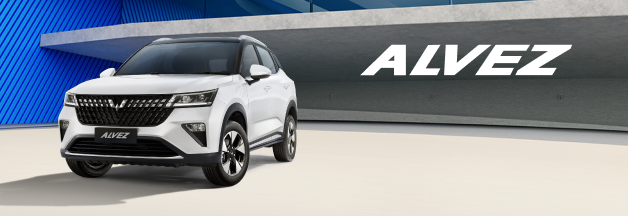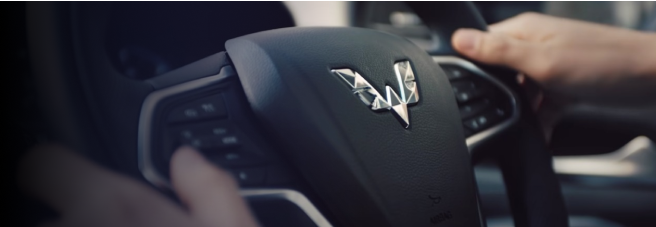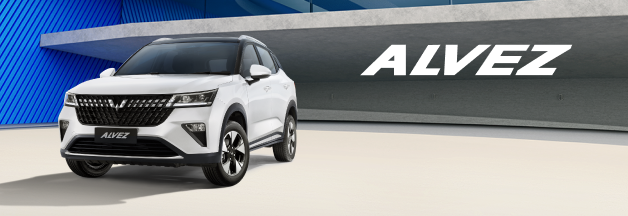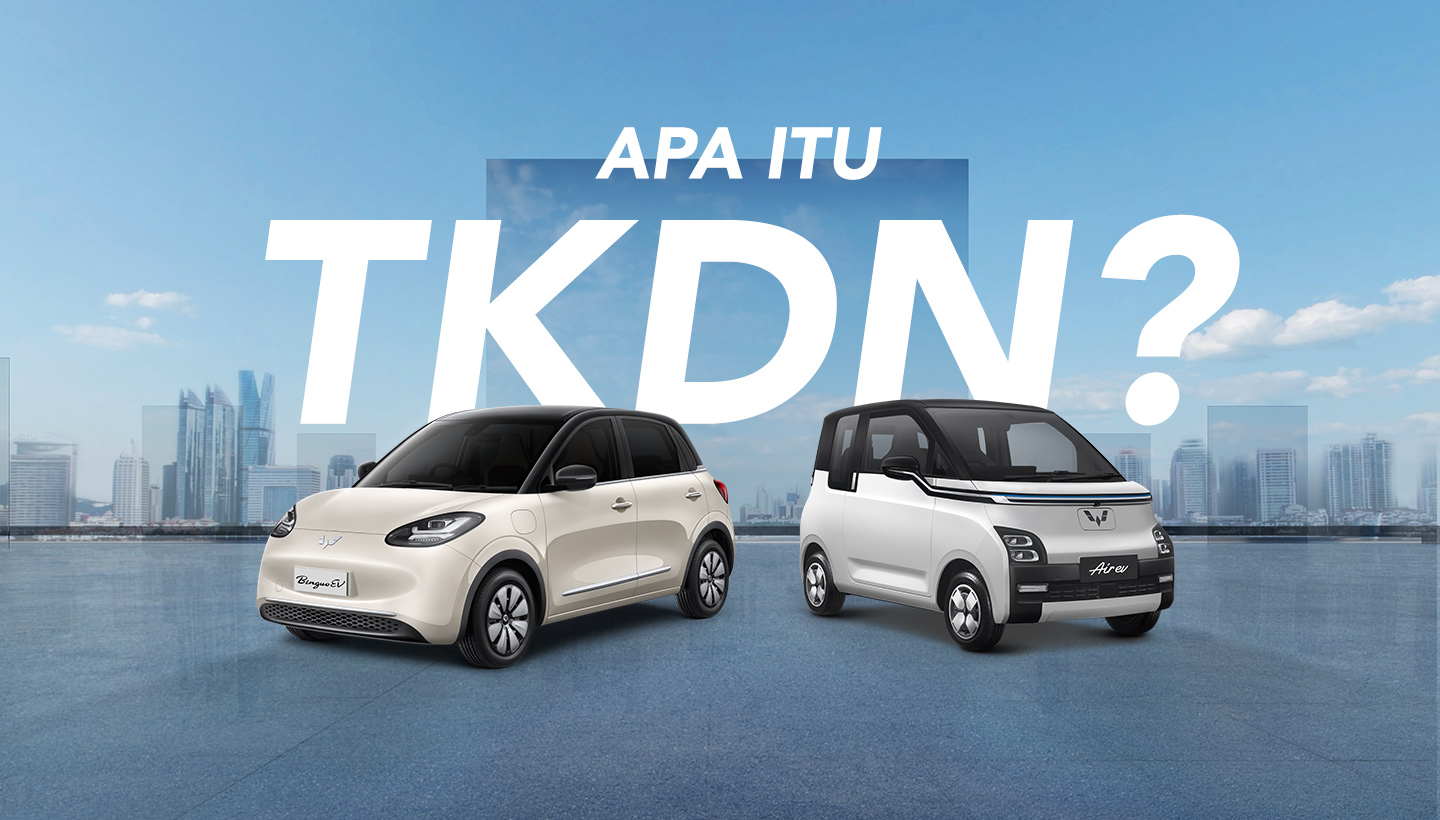
The automotive industry is a very dynamic sector and continues to grow amidst technological developments. In an increasingly connected world, a crucial concept has emerged to ensure industrial sustainability and growth, namely the Domestic Component Level or TKDN (Tingkat Komponen Dalam Negeri). What exactly is TKDN, and how do the rules apply in the car industry, especially electric cars?
Domestic Component Level (TKDN) reflects the extent to which a good or service involves domestic components in the production process. As a policy, TKDN is useful for encouraging the use of local components in the automotive industry, including the electric car industry.
Apa Itu TKDN?
TKDN is a measure of the extent to which a good, service, or combination of both involves domestic components in the production process. This describes the proportion of components from within the country compared to those from abroad, expressed in percentages such as 25%, 30%, or 40%.
In an effort to support government programs, certain sectors are prioritized to implement TKDN at a certain percentage. The sectors are:
- Medical Device Industry (>60%)
- Agricultural Machine Tools (>43%)
- Electricity (>40%)
- Power Generation (30-70%)
- Transmission Network (56-76%)
- Substation (17-65%)
- Oil and Gas Equipment Industry (25-40%).
TKDN is not only an indicator of the independence of an industry but also an important tool in supporting economic development in Indonesia.
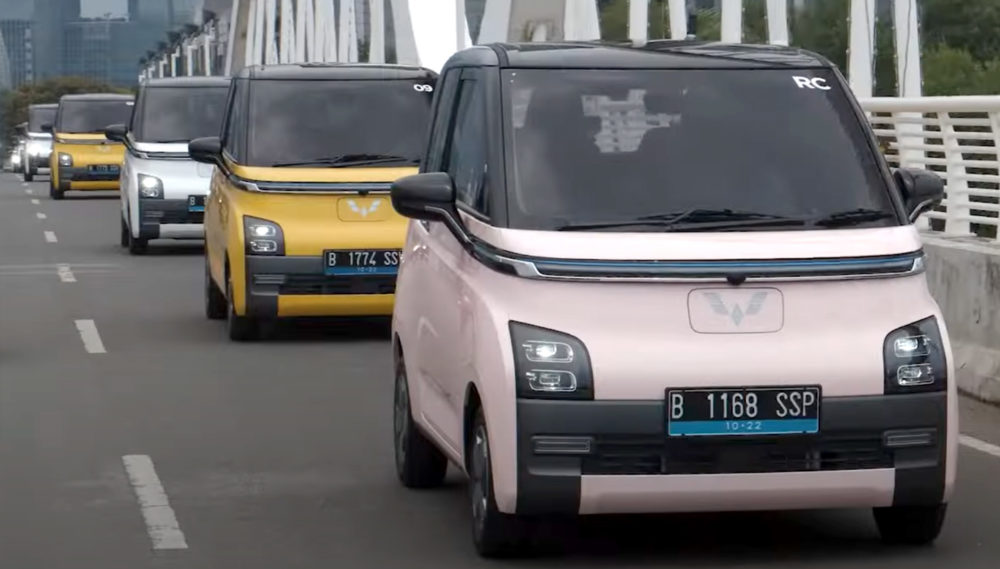
Benefits of TKDN in Automotive Industry Development
Baca Juga
The benefits of implementing the TKDN are very relevant and have a positive impact on the car industry, especially in the context of electric car development in Indonesia. The following is the connection between the benefits of TKDN and the automotive industry, especially electric cars:
1. Creating New Jobs
In the automotive industry, especially when switching to electric cars, the implementation of TKDN can trigger the growth of the local manufacturing sector. Manufacturing electric car components locally will create new jobs, including for technology experts and factory workers involved in the production of these components.
2. Savings in National Foreign Exchange
By focusing on domestic production of electric car components, implementing TKDN will reduce dependence on imports of these components. This could trigger savings in the country's foreign exchange, increase economic stability, and ensure greater investment in the development of electric car technology.
3. Increase Income Tax Income
Local production of electric car components will increase PPh revenues. With the growth of the automotive industry supported by TKDN, tax revenues will increase along with the increase in the production and sales volume of electric cars.
4. Support for the Domestic Economy
The application of TKDN in the car industry, especially in electric cars, provides significant support for domestic economic growth. This includes growing the manufacturing sector, increasing productivity, and contributing to the country's GDP.
5. Increasing the Sense of Pride in Domestic Products
Manufacturing electric car components locally with a high TKDN level will increase public confidence in the quality of domestic products. This creates a sense of pride and increases the popularity of locally made electric cars among Indonesian consumers.
6. Regulatory Compliance
Baca Juga
The implementation of TKDN ensures that the automotive industry complies with regulations set by the government regarding domestic content levels. This creates a business environment that complies with government policies.
Legal Basis for TKDN in the Car Industry
In general, the implementation of the TKDN in Indonesia is based on a number of regulations prepared by the government to regulate and guide its implementation. Several key rules that form the basis for implementing TKDN include:
- Minister of Industry Regulation No. 16 of 2011: Concerning Provisions and Procedures for Calculating Domestic Component Rates.
- Minister of Industry Regulation No. 2 of 2014 is a guideline for the use of domestic products in the procurement of government goods and services.
- Article 66 Paragraph 5 of Presidential Regulation No. 16 of 2018 states that procurement of imported goods can be carried out if the goods cannot be produced domestically or the volume of domestic production is unable to meet needs.
- Presidential Decree Number 24 of 2018: Establishes the formation of a national team to increase the use of domestic products.
- Government Regulation No. 29 of 2018: Regarding Industrial Empowerment, which includes regulations related to TKDN.
- Law No. 3 of 2014 concerning Industry is the legal basis that provides a mandate for the Increased Use of Domestic Products (P3DN) program.
So, what are the TKDN regulations for the car industry? Not long ago, the Indonesian government revised the TKDN provisions for electric vehicle production. The revised regulations are explained in Presidential Regulation (Perpres) Number 79 of 2023, which amends Presidential Regulation Number 55 of 2019 concerning the Acceleration of the Battery Electric Vehicle program for road transportation.
In this regulation, the requirements for using TKDN on electric vehicles are lowered from the previous year, with special provisions for two-wheelers and four-wheelers. Here's a brief explanation:
TKDN for Two-Wheeled Vehicles:
- 2019-2023: 40% minimum TKDN.
- 2027-2029: 60% minimum TKDN.
- 2030 onwards: 80% minimum TKDN.
TKDN for Four-Wheeled Vehicles:
- 2019-2021: 35% minimum TKDN.
- 2022-2026: 40% minimum TKDN.
- 2027-2029: 60% TKDN local components.
- 2030 onwards: 80% minimum TKDN.
This revision aims to give the local component industry time to increase production capacity and product quality. Other than that, this aim is also to attract foreign investment and accelerate the development of the electric car ecosystem in Indonesia.
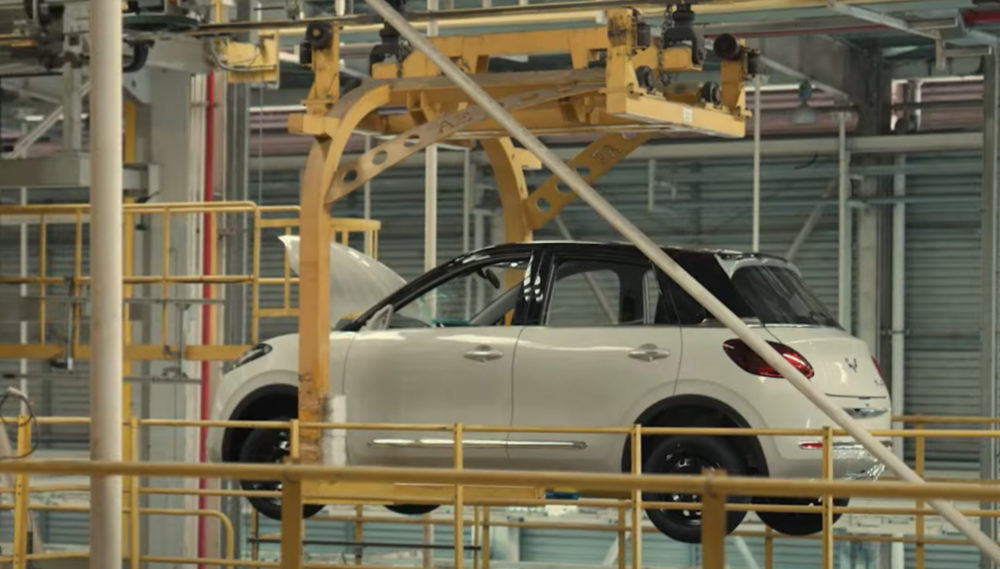
Electric Cars in Indonesia that Reach TKDN 47.5%
Based on verification results from PT Surveyor Indonesia, the newest electric car from Wuling, namely BinguoEV, succeeded in obtaining a Domestic Component Level (TKDN) of 47.5%, exceeding the minimum requirements that have been set.
The success of achieving a TKDN of 47.5% has had a positive impact on consumers because BinguoEV qualifies for a value-added tax (VAT) or PPN reduction from 11% to 1%.
This positive impact is in accordance with the inauguration of Minister of Finance Regulation (PMK) Number 8 of 2024. In Article 4, Paragraph 2, this regulation concerns government-borne value-added tax (VAT) incentives (DTP) for the delivery of battery-based electric motorized vehicles (KBL) for the fiscal year 2024. PMK 8/2024 will come into effect on February 15, 2024.
The Jakarta OTR price for the BinguoEV Long Range AC variant is around IDR 348 million, while the Long Range AC DC variant is priced at IDR 358 million, and the Premium Range AC DC variant is priced at around IDR 408 million. After getting a value-added tax (VAT) discount, the price of each variant becomes more affordable, namely, for the Jakarta OTR estimate, it is around IDR 317 million, IDR 326 million, and IDR 372 million.
With the significant TKDN achievement by Wuling BinguoEV, the electric vehicle industry in Indonesia continues to show positive progress and contributes to the government's vision to reduce carbon emissions and support environmentally friendly technology.
Want to experience driving a BinguoEV? It's time to immortalize your #BinguoMoment by driving this electric car at the nearest dealer and getting attractive prizes for the lucky ones! Click the following link: wuling.id/id/binguo-ev/binguo-moment.
SHARE:










